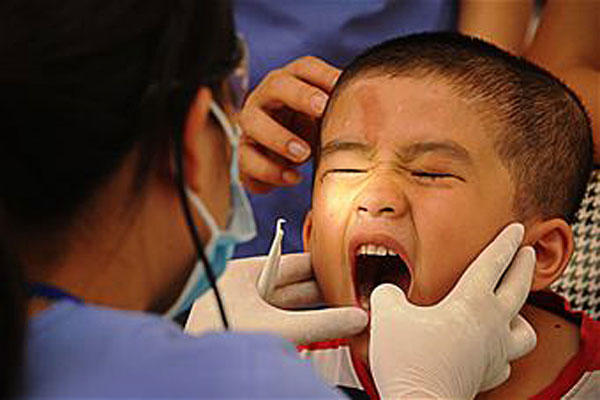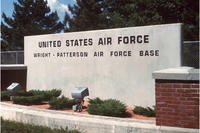Editor's Note: This story originally included details of a Feb. 1 MetLife benefit reset provided and confirmed by Tricare officials that a spokesman later admitted were incorrect. The story was edited Feb. 1 to reflect that change.
A new Tricare dental contract will start in early May and bring an increase in benefits and a renewed focus on prevention, Tricare's dental chief said Monday in an exclusive interview with Military.com.
The Tricare dental contract for active-duty family members, Guard and Reserve members and their families will switch from MetLife to United Concordia on May 1. Military retirees and their families are covered by a separate contract with Delta Dental, which is not affected.
No dental benefits or coverages are being dialed back by the switch, said Army Col. James Honey, chief of Tricare's dental section. Instead, some coverages are expanding while the timeline for when children are automatically enrolled in the system is changing.
"The biggest changes we see with this transition really [fall] into an emphasis on more prevention and education," Honey said. "The changes in the new contract are positive changes, and they are for the benefit of beneficiaries."
Related: Tricare Dental Premiums to Drop May 1
Among the expansions is an increase to the annual maximum benefit from $1,300 to $1,500 and a change that makes sealants free instead of carrying a 20 percent co-pay, Honey said in the interview.
Officials with Tricare originally told Military.com that the MetLife annual benefit cap of $1,300 would reset Feb. 1 and again on May 1 with the start of the new contract, giving users nearly double the normal dental benefits between now and May 2018. However, a spokesperson with Defense Health Agency, which oversees Tricare, later said that information was incorrect.
“We regret the error,” he said. “We gave you bad information.”
Another change under the new plan impacts automatic enrollment for child beneficiaries. Currently, children registered as beneficiaries in the Defense Eligibility Enrollment Reporting System (DEERS) are automatically added to a family's dental plan when they hit the age of 4.
But under the new contract, children enrolled in DEERS will be automatically added to the dental plan when they turn 1-year-old. That means even families with a single user enrolled in the dental plan will be automatically bumped to the higher-cost family plan once their DEERS-enrolled child turns a year old.
Enrollment in the Tricare dental plan is voluntary. Currently, active-duty families pay monthly $11.68 for one dependent and $34.68 for two or more dependents. Active-duty service members do not use the Tricare dental plan.
Mobilized Guard and Reserve members pay $11.68 for the sponsor only, $29.19 for a single dependent, $87.59 for two or more family members, and $99.27 for the sponsor and the family. Non-mobilized Guard and Reserve members pay $29.19 for the sponsor only, $29.19 for a single dependent, $87.59 for two or more family members, and $116.78 for a sponsor and the family.
Tricare dental users may have to change their dentist as a result of the switch, since some providers who accept Tricare's MetLife plan will not accept United Concordia's. Although Tricare beneficiaries in the U.S. can use a non-network dentist, doing so carries higher fees. Tricare users stationed overseas can see any dentist they want since there is not a specific Tricare dental network.
Users will be notified of the contractor change through an updated United Concordia Tricare website in February, and postcards mailed to Tricare dental users from the Defense Department and information mailed from United Concordia to users in March or early April, Honey said.
-- Amy Bushatz can be reached at amy.bushatz@military.com.






























